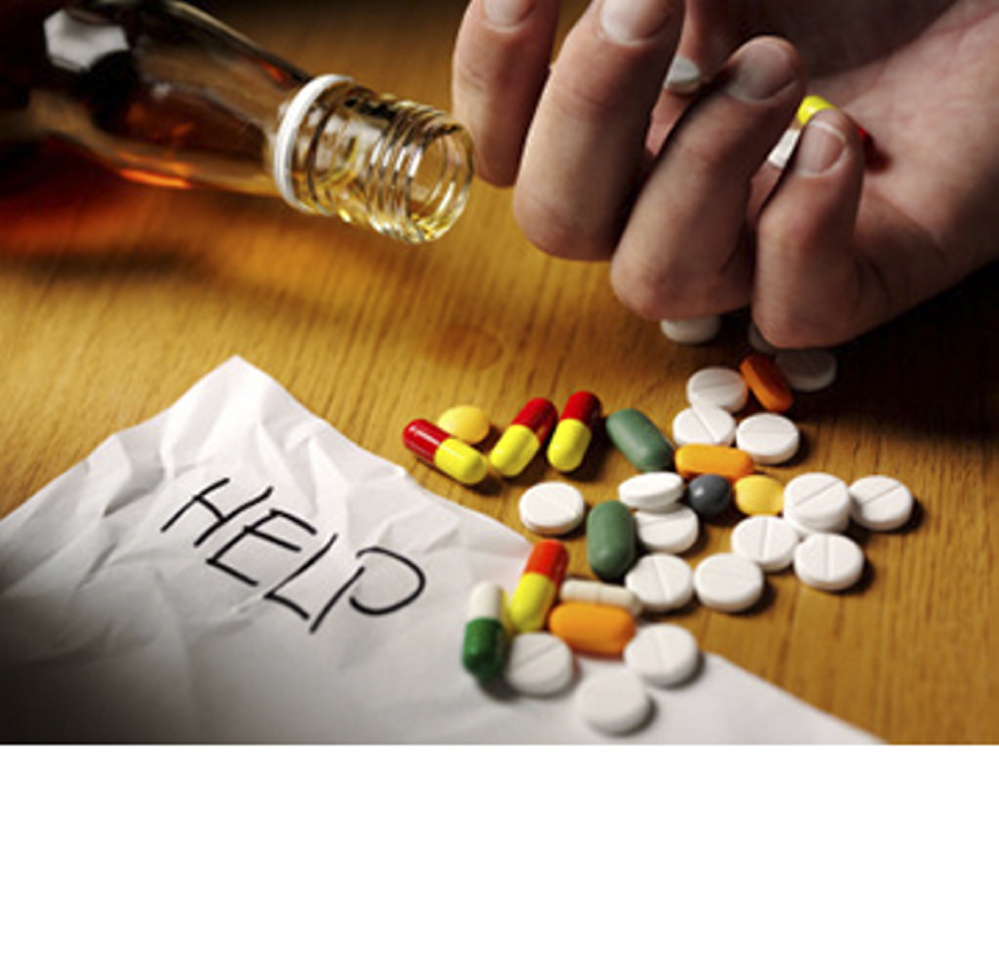Drug addiction is a disease that maintains an iron grip on the minds and bodies of its victims. Recovery is difficult, even when treatment services are available — and in Maine, they’re often not, despite the surge in demand here.
Now one of the state’s largest recovery centers is preparing to close, leaving Mainers who have addiction issues with even fewer places to go for help. Deaths from drugs are at an all-time high, and this bleak trend could continue following the latest service cuts unless lawmakers are willing to rethink the policies that got us to this place.
The closure of the Mercy Recovery Center in Westbrook will eliminate 45 jobs and affect 250 people who are undergoing treatment for opiate addiction. One-third of the affected clients will be treated by other addiction specialists at Mercy Hospital’s State Street location in Portland. The remaining two-thirds will be referred to other health care providers.
So more people will be seeking substance abuse treatment in Maine, which has already seen the demand for addiction services more than double in the last decade.
Meanwhile, funding to help addicts has plummeted: The state has slashed reimbursement rates for MaineCare substance abuse services, imposed a two-year cap on publicly funded methadone and Suboxone treatment for opiate addiction, kicked people off MaineCare and declined to accept federal MaineCare expansion funds.
It’s no surprise, then, that Mercy Hospital couldn’t afford to keep operating the recovery center. Like all Maine hospitals, Mercy is required to provide charity care to patients who couldn’t afford a drug like Suboxone — people who remain uninsured because Maine opted not to increase MaineCare eligibility. And these patients are far more likely to need substance abuse services: 17.8 percent of working-poor adults in Maine have a substance use disorder, according to Pew Charitable Trusts researchers, compared to 10 percent of the general population.
The announcement by Mercy closely follows the release of a state analysis that found that more Mainers than ever before are dying from drug overdoses: 208 in 2014, up 18 percent from the year before. In the same time period, the number of heroin deaths jumped from 34 to 57.
The stakes of inaction in the battle against substance abuse have never been higher. It’s up to legislators to plan and carry out an effective strategy to enable more Mainers to access treatment, and it’s up to the rest of us to press them to act and not let up until they do so.
Send questions/comments to the editors.



Success. Please wait for the page to reload. If the page does not reload within 5 seconds, please refresh the page.
Enter your email and password to access comments.
Hi, to comment on stories you must . This profile is in addition to your subscription and website login.
Already have a commenting profile? .
Invalid username/password.
Please check your email to confirm and complete your registration.
Only subscribers are eligible to post comments. Please subscribe or login first for digital access. Here’s why.
Use the form below to reset your password. When you've submitted your account email, we will send an email with a reset code.